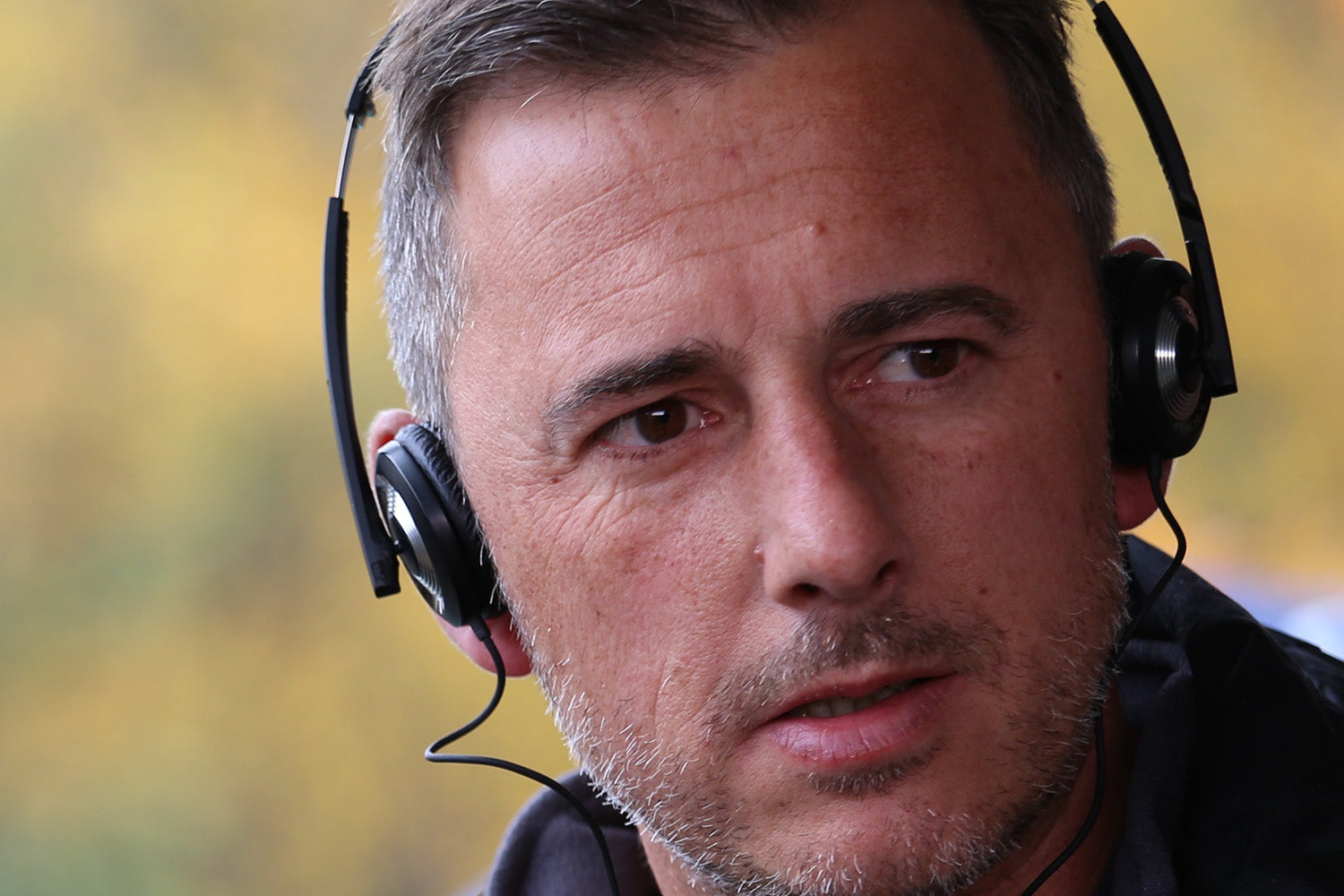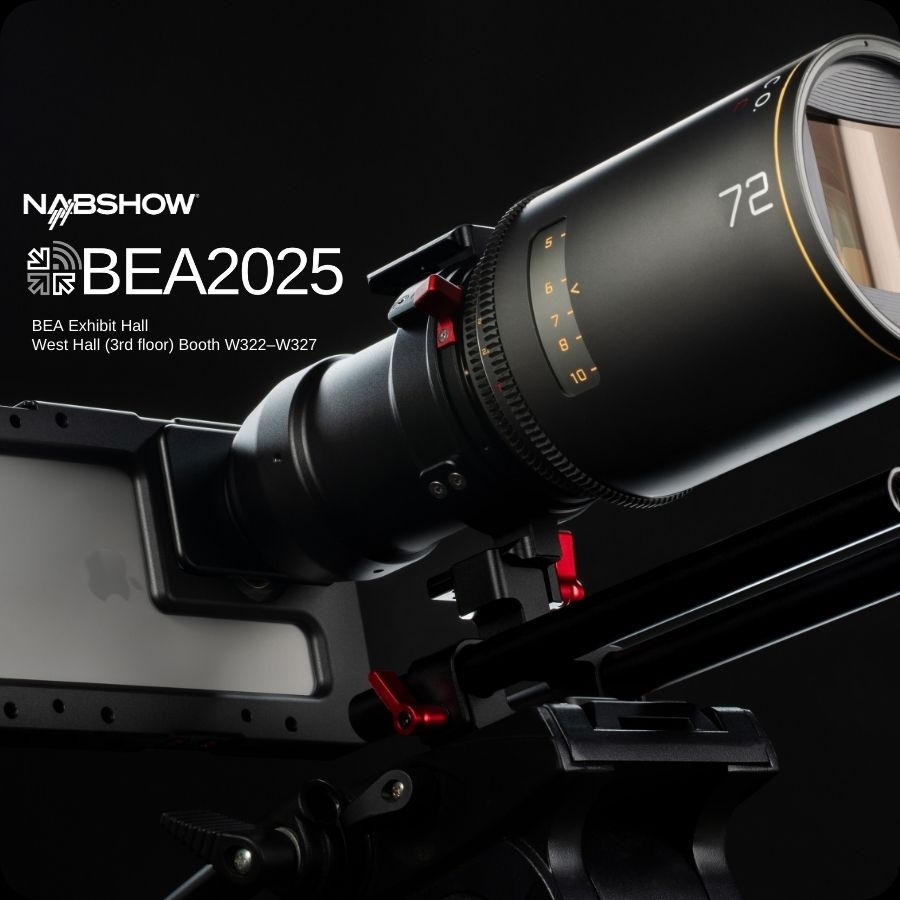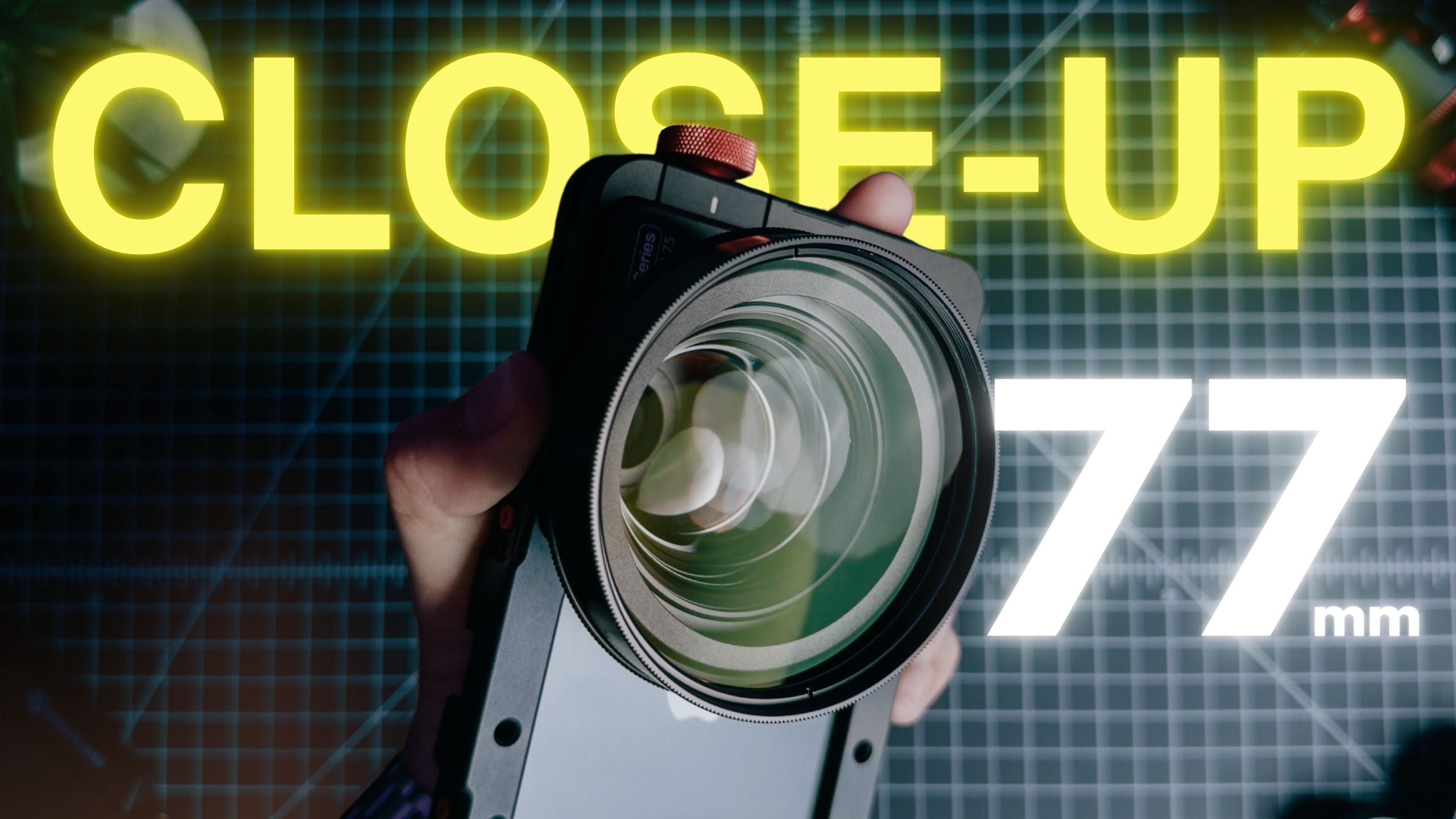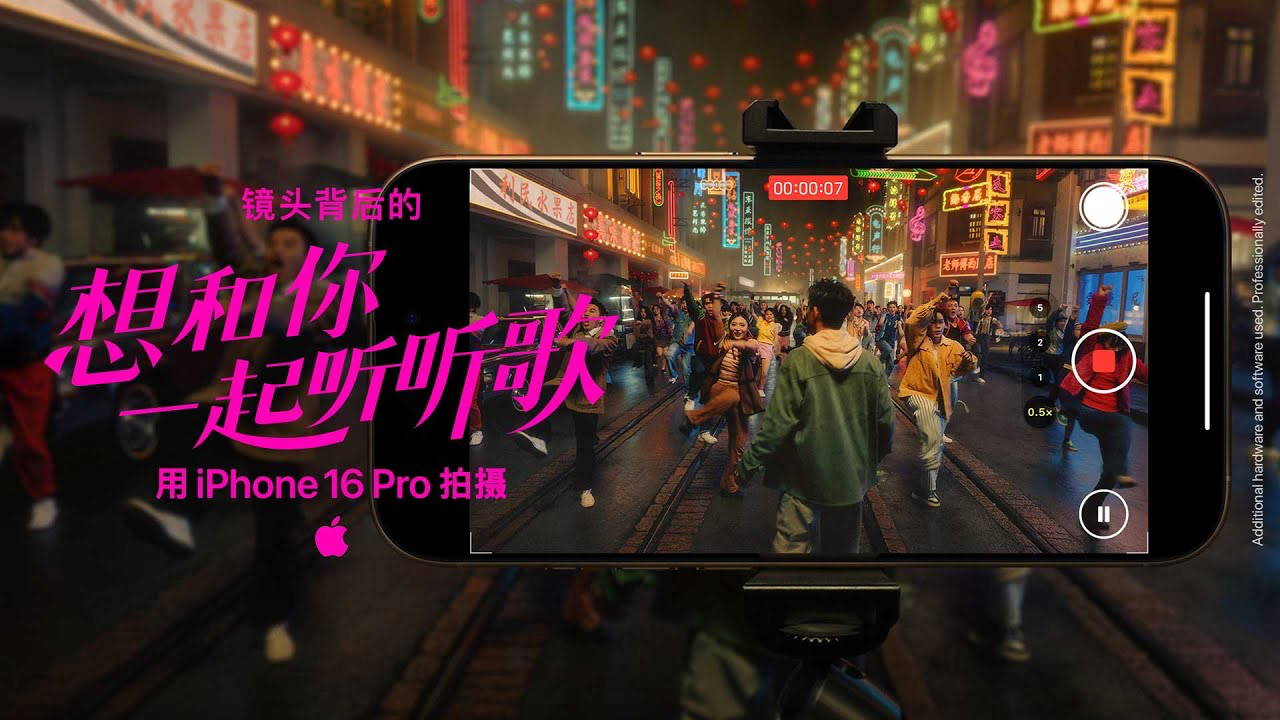It’s not everyday that you get to know a filmmaker like Cassius Rayner, the creator of Go Film It. He’s not only worked for companies like HBO, PBS and BBC and received 10 international film awards for smartphone filmmaking last year alone, but he uses his undeniable ability of filmmaking to help the underprivileged community in amazing ways.
BG: You have a crazy background, please tell us about your filmmaking experience and why you decided to start Go Film It.
I’ve been making films for over 20 years. I’m completely self taught and I’ve been fortunate to win an award for best independent film, starring Adam Ant, but yes, my journey has been a long one.
I came from a small seaside fishing town and poor education. My only interest at the time were art lessons that were offered at my school, and one day my art teacher lent me an SLR camera - which instantly hooked me. That moment, I guess, started the journey [laughs]. When I finished school in 1989, there weren’t many creative outlets and I had no idea how to use my camera. I wanted to attend film school, but back then it was way too expensive and “exclusive.”

So at the age of 18, I left to London and started calling all of the film schools I could find until I finally reached someone that told me about a film workshop network. I showed up and persistently asked every filmmaker I could find to let me help them out on their films. It was expected that everyone worked for free - so I did - though it was an amazing time where I had learned a lot about film production and met some fantastic people in the industry. That was MY film school [laughs]. During the day, I was a cycle courier (messenger) rider and at night and on the weekends I worked endless hours on short films. Living the dream…
After networking with people for what seemed like forever, I finally landed a job as a camera assistant trainee. It didn’t pay much, but I really wanted to work with them and chose to live on baked beans and toast [laughs] for a while to make it happen. Once I had this project under my belt, my freelancing life as a filmmaker started and I was given the chance to do a lot of camera operating for a variety of projects, documentaries, and dramas and spent some time overseas filming for UNOPS - United Nations.
"It was great for a while, until my life took a drastic turn in the year 2000…"
Shortly after that, I was stabbed by two people and nearly died. The police concluded that it was a few guys being “gang initiated” and I was in the wrong place at the wrong time. It took me a long time to even be able to walk properly again, and sadly, the industry doesn’t wait for you, so most of my contacts stopped calling me, and I soon couldn’t find any more work. I lost my drive, my ambition, and my confidence.

I started to become a bit obsessed with understanding gangs and the issues with young people in London. I spent a long time trying to understand why? And how - as a society - we had come to this point. I ended up working at some dead-end jobs and had been out of the film world for 5 years. Out of nowhere, an opportunity came my way through a contact to shoot, direct and produce a feature documentary for a digital channel within SKY TV’s network. The movie was about the life of Jennifer Harman - the “poker queen,” as I called her. The documentary ended up being a success and was sold internationally. I never saw any of the money that it made [laughs], but that’s just the nature of the business and I was happy to have my feet wet again.
I came back to the UK in 2007, looking for my next project - which turned out to be something very different than I imagined. A friend of mine that was really involved in art, asked me if I could help out on an education project by using my filmmaking skills to work directly with disadvantaged, marginalized young people. I didn’t feel comfortable about it at first, as I was told some of them were ex-gang members and youth offenders, but I decided to confront my fears and move forward. The experience was a huge life changer for me, and I decided to use my time and skill set for helping, training and mentoring young people in film production training.
Since then, I have been working with young people and continuing to work as a freelance filmmaker. I have worked in some of the poorest areas of the UK, helping young people to gain skills and better themselves. I’m proud to say many of them now work in the media industries.
Go Film It was created around 3 years ago with two missions: produce video content for television, corporate and advertising and invest in training programs for young people, who would never be able to get into film school otherwise.

BG: Why do you think Go Film It has been so successful?
As a small non-profit - I wouldn’t say that I’m hugely successful in the sense of film production; I’m a jobbing filmmaker that gets by [laughs]. There’s a lot of room for improvement and expansion, but I am somewhat successful in the sense that I’m surviving in a digital world of mass media and I love what I do. I will never get rich from it, but that’s not my priority.
"Success to me is supporting young people and putting positivity back into the communities."
It’s much more rewarding than just making loads of money pumping out endless branding video content.
BG: What are the three most important aspects of filmmaking to you and why?
Storytelling - As a director, this is essential. Storytelling is the absolute most important aspect and outweighs any fancy technical filming styles.
Exploring - It’s extremely important to be open-minded to your environment and technology, and always explore new techniques. I’ve been lucky to see the change from shooting on a 16mm camera to now using my iPhone - very exciting times...
Patience - Filmmaking takes a long time and having patience is extremely important; don’t rush into anything. Take your time and fully understand what you are trying to convey on film.
BG: What future do you see for iPhone filmmaking in the next 5, 10 and 20 years.
There is huge potential for iPhone filmmaking in the future. I think it should be treated as its own unique industry - it’s like comparing film to digital. Smartphones are an incredible piece of technology that can produce brilliant results, but they need a little work with fine-tuning the filmmaking process.
In 5 years, I see iPhone filmmaking potentially becoming a standard part of film school training alongside “standard film production” training. I think we’ll see a lot more of this technology being used especially in documentary production, and people with small businesses.
In 10 years, I think it will be a serious driving force for a large part of professional video content across the internet.
I can’t think about 20 years, as I’ll be 65 then [laughs], so if technology keeps going at the pace it has in the previous 20 years, iPhones will have become a completely different type of hardware that may be controlled through our own body movement! So who knows? That’s too far ahead to predict anything.
BG: Where can our viewers learn more about you and Go Film It?
Our website its not anything too exciting but we do have stuff up there about the academy training we do with disadvantaged young people and what our missions are - and we're on Twitter.
I also have an independent site for anyone that would like to book my professional services. BG






Share:
Google Pixel 2 and Pixel 2 XL Compatibility with Beastgrip Gear
Anamorphic lenses temporarily out of stock